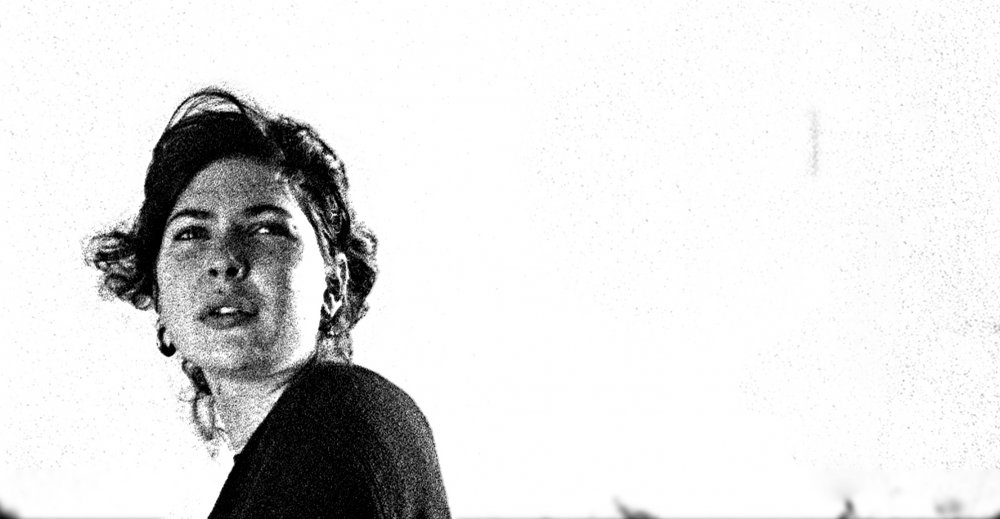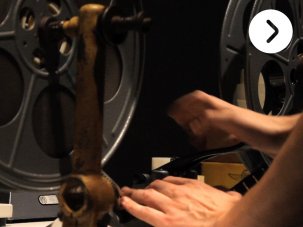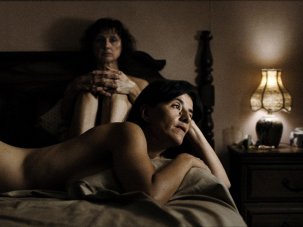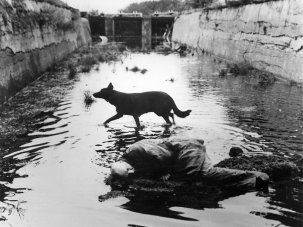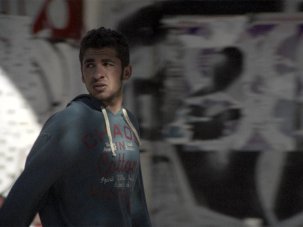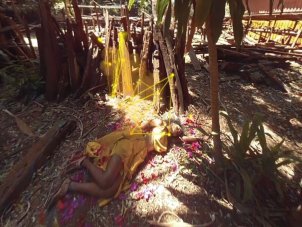At the 23rd edition of Encounters, a truly independent, handmade movie – Mark Jenkin’s breathtaking 44-minute featurette, Bronco’s House – was projected on film for the first time in front of an audience, signalling a new line of support for a resolutely analogue director. The film, which was shot on 16mm and processed by hand, was completed in 2015 but had previously screened only in a digital format. This print was provided by Kodak, who are also partnering on Jenkin’s new narrative feature film, Bait, now in production. The exhibition print for Bronco’s House was created as an asset for Jenkin’s producers to attract investors for Bait, which uses similar filmmaking techniques to the shorter film.
Bronco’s House screened on 23 September at Encounters Short Film and Animation Festival, Bristol.
Jenkin’s films obey the Silent Landscape Dancing Grain 13 film manifesto (below), a set of rules he penned as a guide for aesthetics as well as a source of self-limitation. But the rules aren’t exactly steadfast – the final ‘rule’ is to break one. Shot on a 16mm clockwork camera that allows a maximum exposure of 28 seconds per take, with no direct sound, Bronco’s House is a technical marvel, processed in an instant-coffee developer according to a non-toxic formula Jenkins devised himself. (Unlike conventional developing solutions, Jenkins’ instant-coffee variant can be washed down the sink after use.)
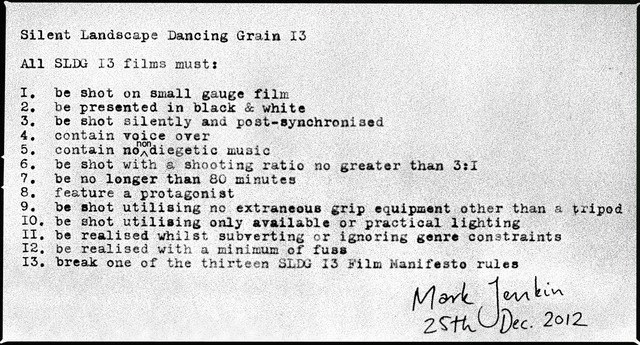
Mark Jenkin's Silent Landscape Dancing Grain 13 manifesto
Jenkin’s unique process produces eye-catching results, lending the film a natural yet unpredictable aesthetic as intermittent stains from the developer alter the striking black-and-white images. Both the grain and the wash reflect key themes in the narrative, deftly drawing out the film’s social realist grit and mirroring the ebb and flow of the wider national politics that wash in and out of its small seaside town setting.
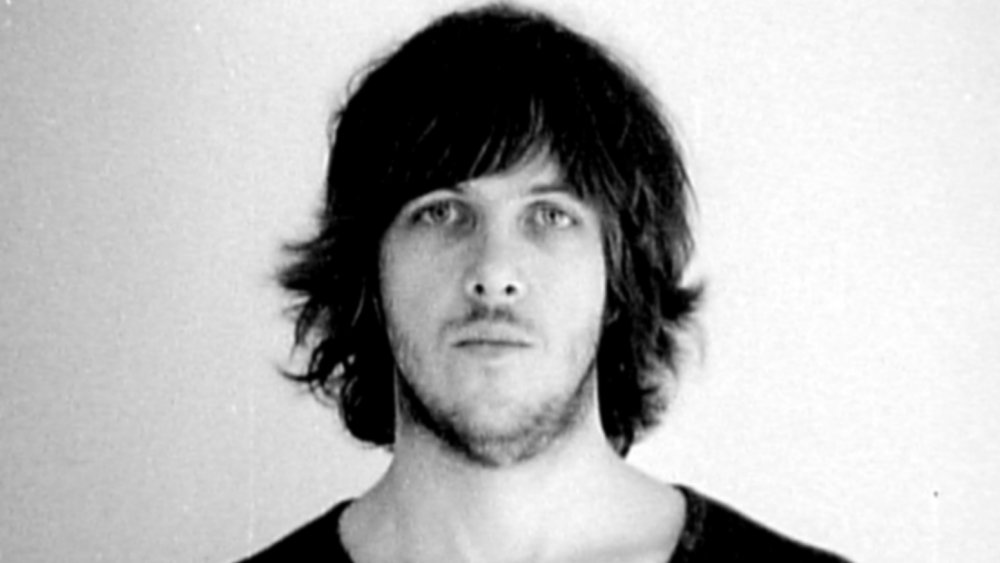
Henry Darke as Bronco
Bronco’s House is an extraordinary work that marks the dawn of a new wave of kitchen-sink drama – those that are actually processed in a kitchen sink. Experimental and grassroots filmmaking collectives are again on the rise in Britain and beyond. Film became a scarcity when Kodak closed its labs and declared bankruptcy, leaving fertile ground for independents to start or further build upon their own DIY spaces. Artist-led initiatives like Bristol Experimental and Expanded Film (BEEF) and Artist Film Workshop (AFW) in Australia run workshops and share resources like dark room facilities and technical advice, encouraging and enabling more filmmakers to work with the physical medium.
Hand processing and the analogue format are fundamental for the movement, and far from arbitrary choices. Coffee itself is embedded in the film’s narrative. Characters offer each other coffee out of social obligation, but the act soon becomes hostile after village life is commodified when an outsider encroaches on the close-knit community. Contemplating the economic and housing crises facing Cornish fishing villages, Jenkin plays around in the edit with pace and uses post-synched sound with aplomb, constantly disrupting the viewer’s sense of space and time yet still exacting verisimilitude.
References are both stark and subtle: an overt homage to Andrei Tarkovsky’s Stalker (1979) comes in the form of a character slowly dragging a plate across a dinner table using her mind, while Bronco, our homeless protagonist, is physically and psychologically displaced, motivated by desire and despair in a Zone-like (un)earthly place.
Bronco’s House trailer
Encounters also screened two of Jenkin’s much shorter, more playful works: Dear Marianne (2016), a nostalgic travelogue narrated in the form of postcards sent from a Cornish relative visiting Ireland, and The Essential Cornishman (2016), which sees one village’s last Cornish fisherman at work. All told, Jenkin’s films clearly make the case for the future of photochemical film as an artistic and exhibition medium.
Dear Marianne (Mark Jenkin, 2016)
The Essential Cornishman (Mark Jenkin, 2016)
-
The Digital Edition and Archive quick link
Log in here to your digital edition and archive subscription, take a look at the packages on offer and buy a subscription.




